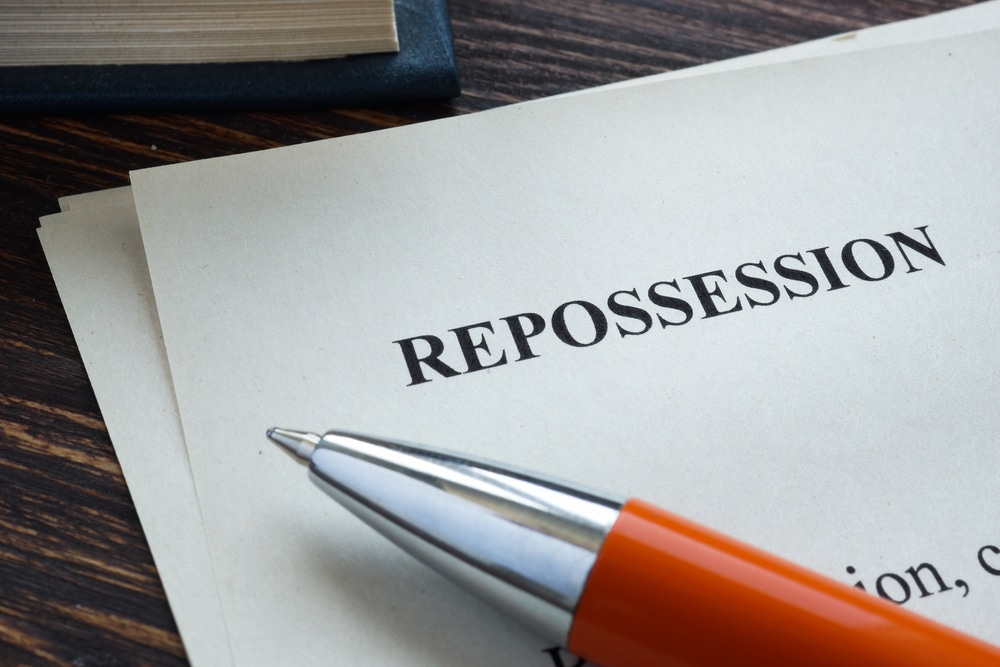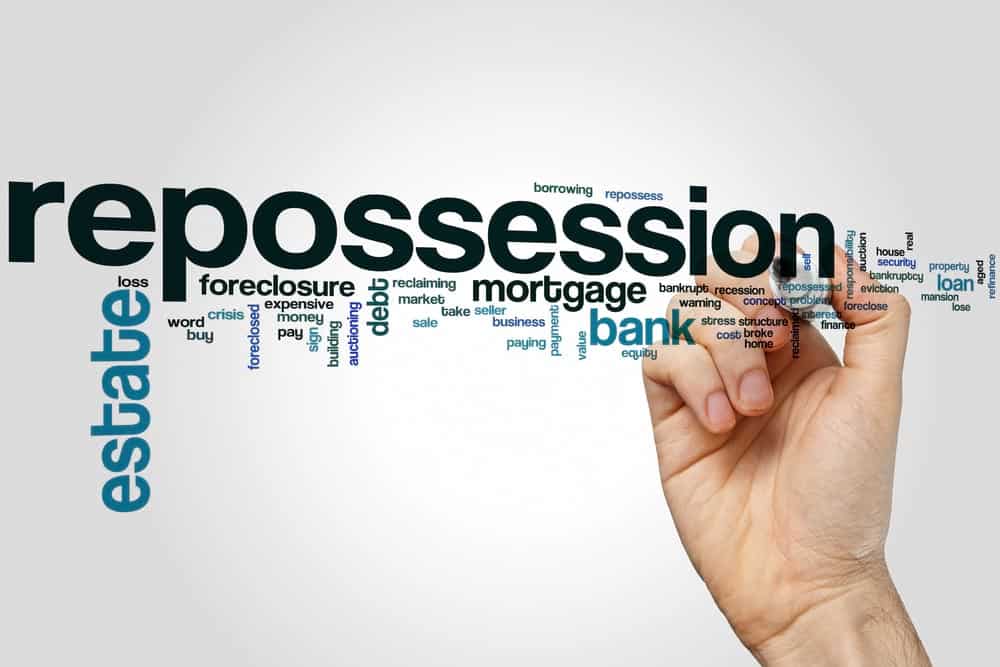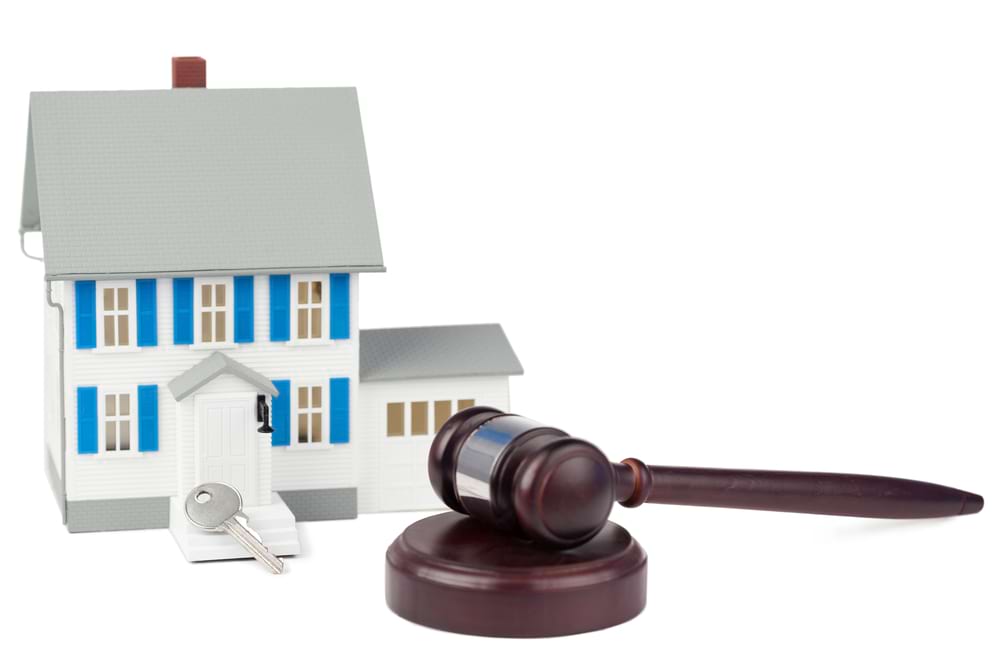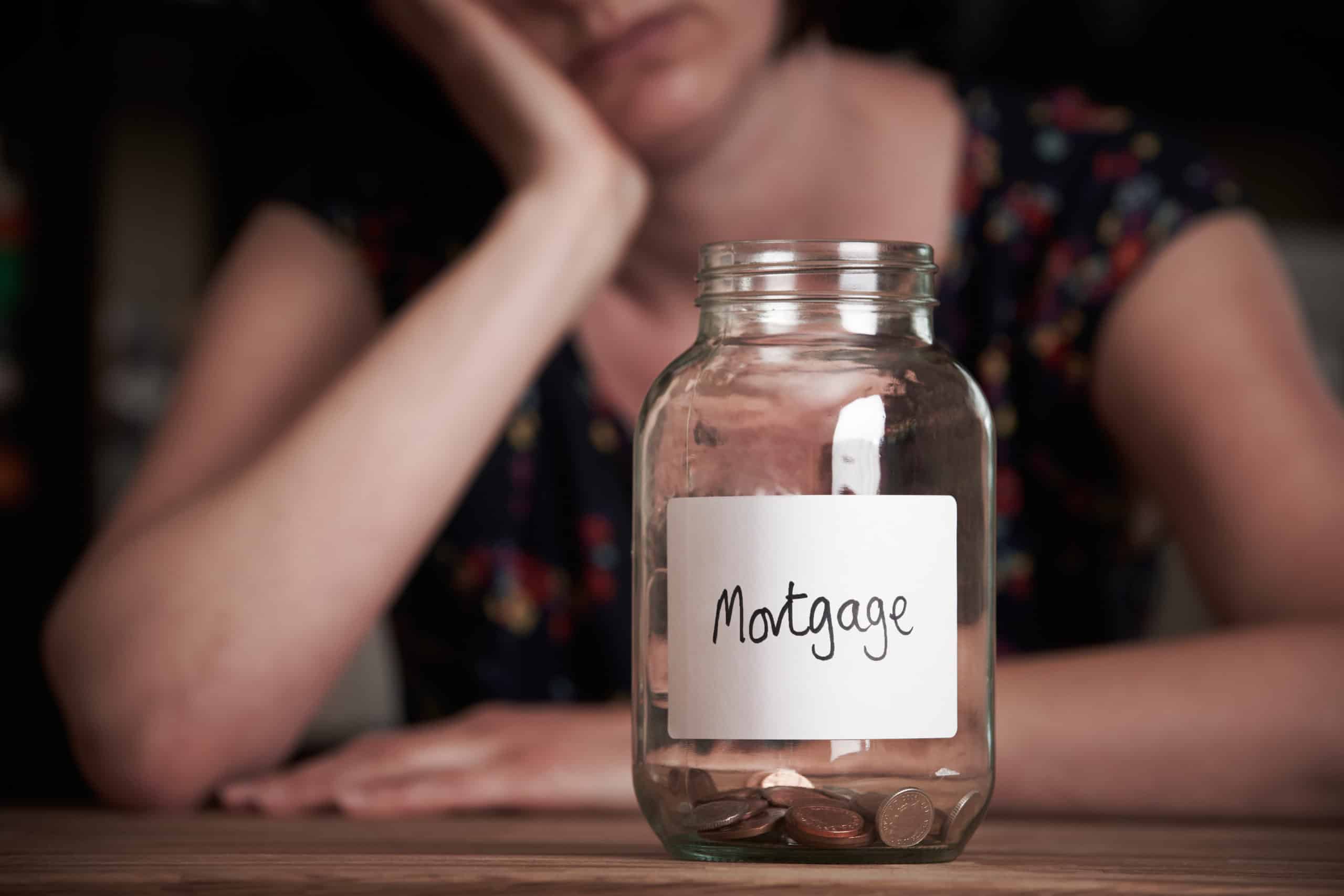Jointly owning a home with a friend, family member, or someone else can be an exciting milestone.
Sharing the financial responsibilities of homeownership may seem like a smart move.
But what happens when one of the joint owners can’t pay their share of the mortgage?
Read on to learn more.
What happens if a joint owner can’t pay the mortgage?
When you and another person take out a joint mortgage, you are equally responsible for making the monthly payments.
If one of you fails to contribute your share, the other joint owner must still ensure the entire mortgage payment is paid.
Late or missed mortgage payments can negatively impact your credit score. Additionally, your lender may charge late fees, increasing the overall cost of your mortgage.
If you continue to miss payments, your lender may eventually begin the repossession process, putting you at risk of losing your home.
What are mortgage arrears?
Mortgage arrears refer to the amount of money you owe your lender due to missed or partial mortgage payments.
You are considered in arrears when you fall behind on your mortgage payments.
Working with your lender to resolve arrears
Your lender will typically contact you to discuss your situation and work out a plan to keep your account up to date.
Many are willing to work with borrowers to find a solution, such as:
- Temporarily reducing your monthly payments
- Allowing you to spread your arrears over a more extended period
- Giving you a 12-month grace period.
Continued non-payments
However, if you ignore the problem and continue to miss payments, your lender may take legal action. This could ultimately result in repossession.
If you find yourself in mortgage arrears, it’s crucial to prioritise your mortgage payments over other debts or expenses. Failing to do so could put your home at risk and have long-lasting consequences for your financial future.
Consider seeking advice from a financial advisor or debt charity to help you develop a plan to manage your arrears.
Can I force my joint owner to continue paying?
Legal standing
Unfortunately, there is no legal way to compel your joint owner to pay their portion of the mortgage.
As joint owners, you are both independently responsible for the entire mortgage payment, regardless of any personal agreements you may have made.
However, you may be able to take legal action against your joint owner to recover their share of the mortgage payments.
This process can be complicated and time-consuming. it may require you to prove that you had a formal agreement regarding the division of mortgage responsibilities.
Mediation
In some cases, mediation or collaborative law may be a more constructive approach to resolving disputes with a joint owner.
These methods involve working with a neutral third party to facilitate a mutually agreeable solution, potentially avoiding the need for costly and stressful legal proceedings.
However, the success of these approaches depends on both parties’ willingness to communicate and compromise.
Can I buy my ex-partner out of a mortgage?
If you’re going through a separation or divorce and jointly own a home with your ex-partner, you may consider buying them out of the mortgage.
This process involves one party taking over the full ownership of the property and removing the other party from the mortgage and property title.
To buy your ex-partner out, you’ll need to determine the property’s current market value and agree on a fair buyout price.
You’ll also need to qualify for a new mortgage in your name alone, which will typically require you to demonstrate sufficient income and a strong credit history.
If you are not eligible for a mortgage alone, consider alternative options, such as selling the property and dividing the proceeds.
Buying out your ex-partner can be a complex process. Because of this, seeking legal and financial advice is essential to ensure you’re making an informed decision.
Can I sell a house without my joint owner’s permission?
If you cannot afford to continue making mortgage payments alone and your joint owner is unwilling or unable to contribute, consider selling the property to avoid foreclosure.
However, selling a jointly owned property can be complicated, particularly if your joint owner doesn’t agree to the sale.
In most cases, all joint owners must agree to sell the property before it can be listed on the market.
If your joint owner refuses to cooperate, you may need to seek a court order to force the sale of the property. This process can be lengthy and expensive, and there’s no guarantee that the court will rule in your favour.
Alternatively, you can agree with your joint owner to sell the property and divide the proceeds.
This option can be less stressful and cost-effective than going through the legal system.
Still, it requires both parties to compromise and work together towards a common goal.
Potential court rulings
Sometimes, the court may order a property sale, even if one joint owner objects. This is a ‘partition action’ and can be pursued when co-owners cannot agree on the property’s management or sale.
The court will consider factors such as the parties’ respective interests in the property, their ability to buy each other out, and the practicality of physically dividing the property.
It’s important to note that forcing a sale through legal action can be a drawn-out and costly process, potentially impacting the final sale price and the amount of equity each party receives.
Before pursuing this option, it’s essential to exhaust all other avenues for reaching an agreement with your joint owner and to carefully weigh the financial and emotional costs of a legal battle.


















